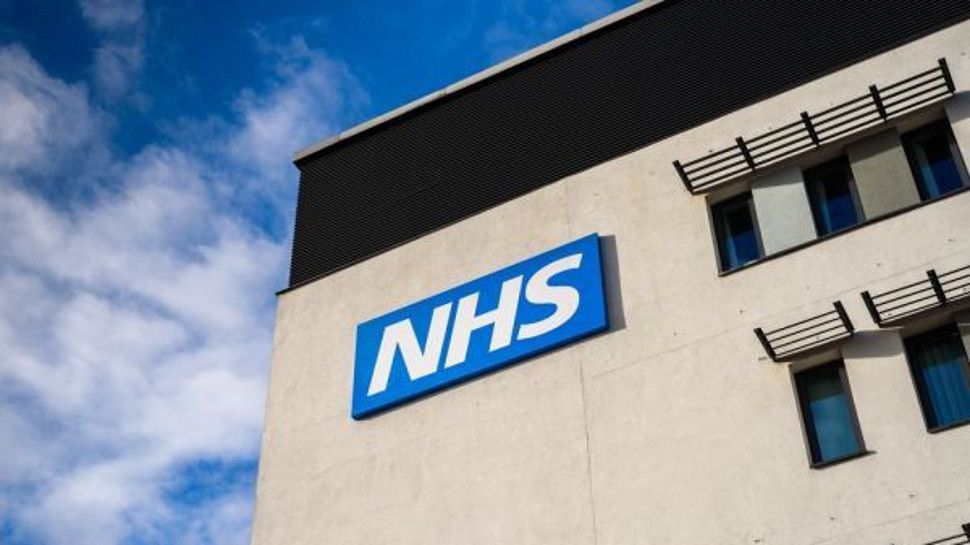The British public has little confidence in NHS cybersecurity, with many worried that healthcare providers could try to sell their data.
NHS England research has found that four in five patients believe NHS systems are vulnerable to cyber-attacks, and almost half (49%) believe the NHS is likely to make mistakes in handling their data. I strongly believe that there is.
Half of respondents somewhat believe that the NHS can sell data to third parties without permission, with 18% strongly agreeing and a further 32% slightly agreeing.
NHS cybersecurity is turning the UK into WannaCry
NHS England is responsible for operating IT systems across the UK and maintains the databases used to store and share patient data. Research shows that 83% of people trust the NHS to keep their patient data safe, and many want their data to be used by the NHS to improve patient care for themselves and others. , we also found that they were happy to be shared with partner companies.
Skepticism arises when patients face the possibility of their data being stolen or misused, with 47% slightly more concerned about cyber-attacks on NHS IT systems and 35% slightly more likely to do so. I strongly agree.
There is no suggestion as to why public confidence in the security of NHS IT systems is so low, but it is clear that computers and diagnostic devices were infected very quickly and easily with WannaCry ransomware during the 2017 attack. This may be the cause. A recent spate of ransomware attacks against healthcare providers around the world is causing concern.
As part of plans to reduce treatment backlogs caused in part by the coronavirus pandemic, NHS England is building a Federated Data Platform (FDP) to act as cloud-based patient and medical data storage. I have been considering. This will give NHS Trusts quick and easy access to patient data.
At the conclusion of the review, NHS England said its data strategy “set out an ambitious plan to harness the potential of data in health and care in the UK, while maintaining the highest standards of privacy and ethics.” says. Improving confidence in the use of data in health and care systems is at the heart of the strategy. Our vision is for the public to have confidence in how their data is treated and be satisfied that their data is used to improve the care available to them and others. . ”


